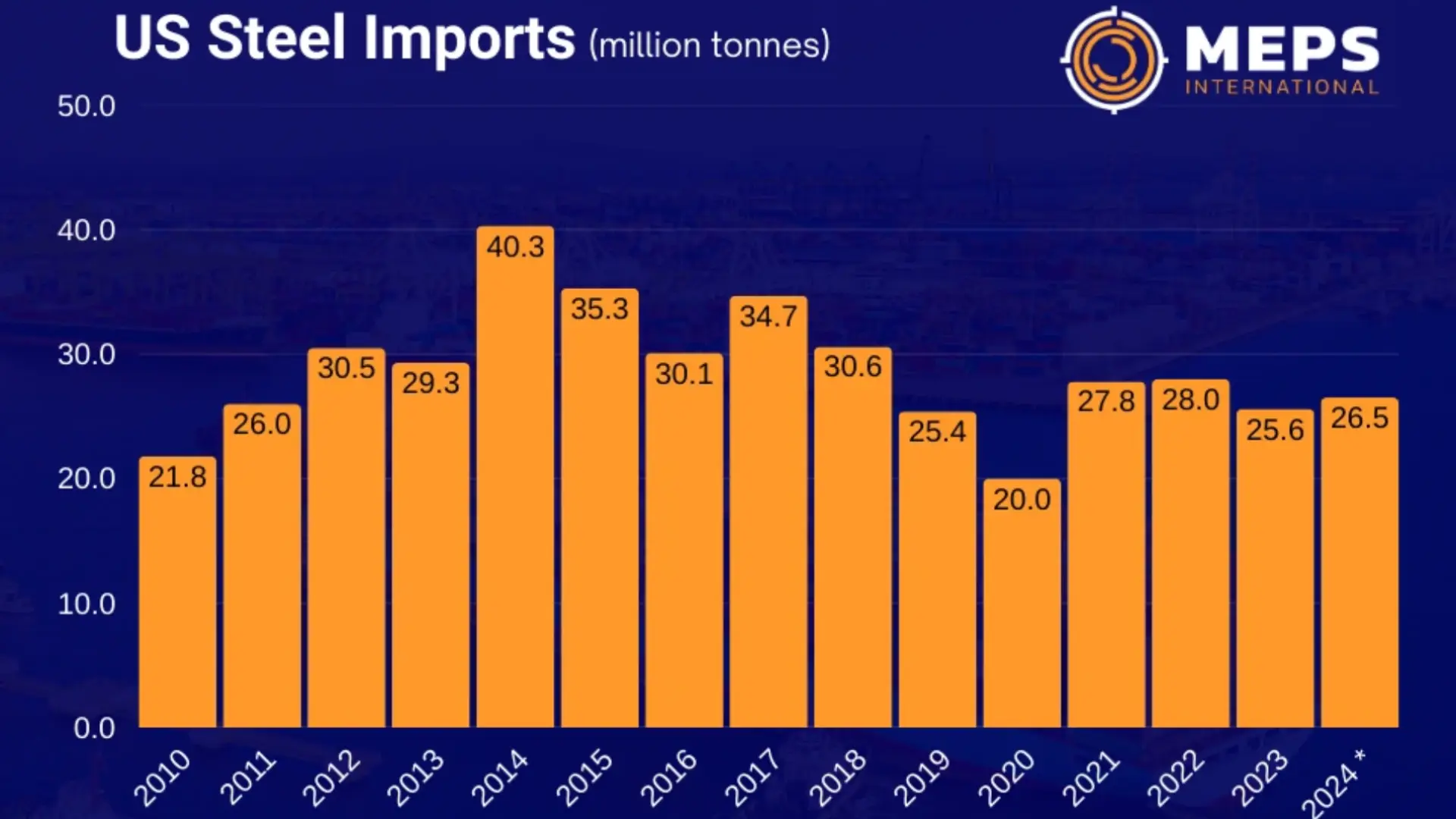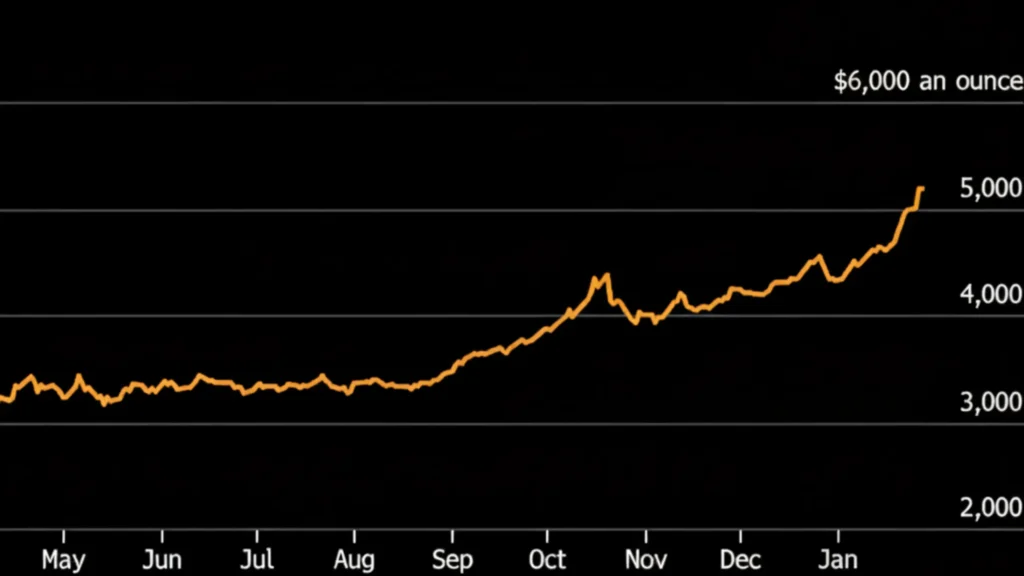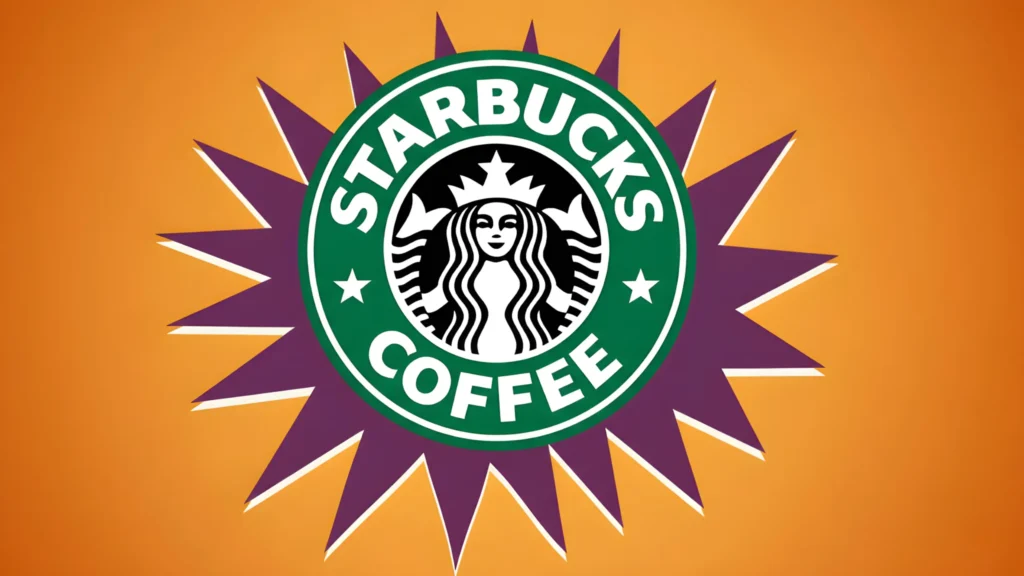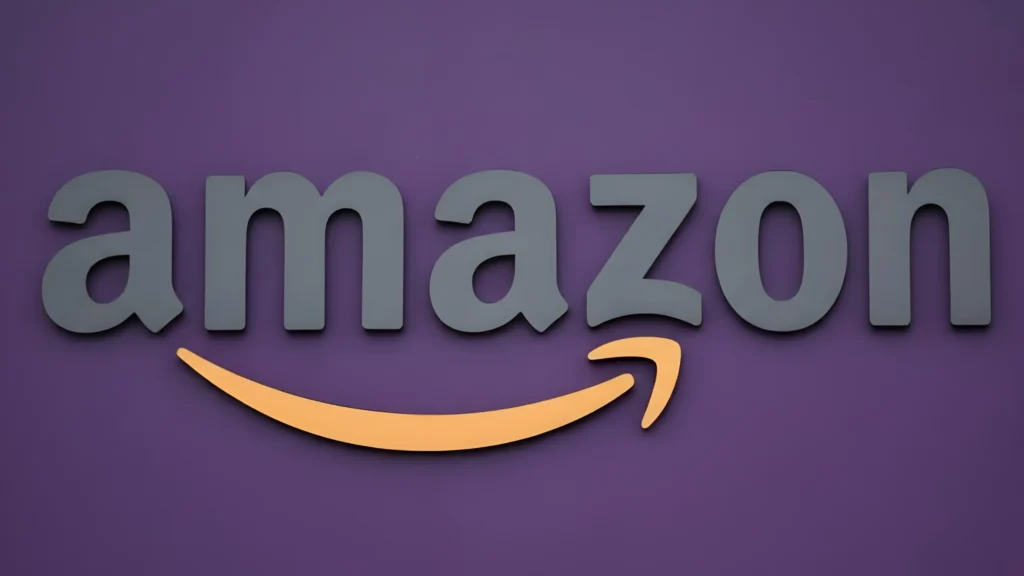Once upon a time in the land of Twitter fingers and MAGA hats, President Trump decided to throw a tariff party. But instead of serving champagne and caviar, he served sweeping universal tariffs on countries around the globe—a move so bold it made economists clutch their calculators like security blankets.
“This is catastrophic for American families,” cried Matt Priest, head honcho at the Footwear Distributors and Retailers of America (yes, that’s a real job title). “We were hoping for something more targeted, but this is like using a flamethrower to light a candle—sure, you’ll get some illumination, but your house will probably burn down too.”
But wait! Not everyone was sobbing into their spreadsheets. Nick Iacovella, from the Coalition for a Prosperous America, popped champagne bottles faster than you can say “economic nationalism.” He declared Wednesday’s announcement as “arguably the single greatest trade policy action ever”—which sounds suspiciously like what someone might say after eating one too many victory tacos. According to him, these tariffs are going to re-industrialize America so hard we’ll have steel mills sprouting up next to Starbucks locations nationwide.
Meanwhile, Donald J. Trump himself insisted that all those naysayers had been wrong about his tariffs since Day One. And sure, maybe they were right back then… but now? Pfft, who needs experts when you’ve got gut instincts?
The National Retail Federation wasn’t buying it—or anything else, apparently, because they claimed these tariffs would bring “more anxiety and uncertainty” to businesses and consumers alike. They pointed out that U.S. importers—not foreign suppliers—are footing the bill here, turning our beloved country into an unwitting donor to Uncle Sam’s piggy bank.
Over at the National Association of Manufacturers, Jay Timmons sounded less excited and more like someone staring blankly at their kid’s college tuition bill. His take? These tariffs threaten investment, jobs, supply chains, and basically everything else that keeps America competitive. It’s almost as if slapping taxes on imports could come back to bite us. Who knew?
Restaurateurs weren’t thrilled either. Michelle Korsmo of the National Restaurant Association warned that higher tariffs mean pricier ingredients—and nobody wants to pay $50 for a Caesar salad unless it comes with a side of gold flakes. Plus, sourcing enough domestic produce to feed hungry Americans seems about as likely as finding a unicorn farm.
Free-market enthusiasts over at the Cato Institute rolled their eyes so hard they may have strained something. Economists Scott Lincicome and Colin Grabow compared Trump’s plan to the infamous Smoot-Hawley Tariff Act of 1930—which, spoiler alert, helped kickstart the Great Depression. Ouch.
Democrats weren’t holding back either. Senator Ron Wyden quipped that Trump’s plan amounted to taxing everyday items just so billionaires could enjoy another round of golf without worrying about how much tees cost. Classy.
Economists scrambled to revise their forecasts quicker than a teenager changing outfits before prom night. Nancy Lazar predicted second-quarter growth might drop by 1%, thanks to skyrocketing prices hitting consumers where it hurts—their wallets.
James Knightley cautioned that retaliation from other nations could squeeze spending power tighter than skinny jeans fresh out of the dryer.
Even Fed Governor Adriana Kugler chimed in during an event at Princeton University, warning of potential inflation spikes while dodging accusations of impending stagflation like Neo dodging bullets in The Matrix.
Supply chain mapping firm Exiger crunched numbers faster than a caffeinated accountant and concluded that Trump’s tariffs would hit 600 billion worth of goods worldwide. China bore the brunt with an extra 149 billion in levies, followed closely by Vietnam (63 billion), Taiwan (37 billion), Japan (36 billion), and Germany plus Ireland combining forces for 41 billion. Talk about international drama!
Despite the chorus of groans echoing through boardrooms across America, some industries applauded louder than fans at a Taylor Swift concert. Kevin Dempsey of the American Iron and Steel Institute cheered Trump for standing up for workers abused by unfair foreign competition.
John Williams of the Southern Shrimp Alliance thanked the administration for saving family businesses drowning under waves of cheap imports. Finally, Representative Jason Smith, chair of the House Ways and Means Committee, expressed cautious optimism that these tariffs might level the playing field—for once.
So there you have it, folks. Love them or hate them, Trump’s tariffs have turned the global economy into a sitcom episode filled with plot twists, unexpected alliances, and plenty of comedic misunderstandings.












Leave a Reply